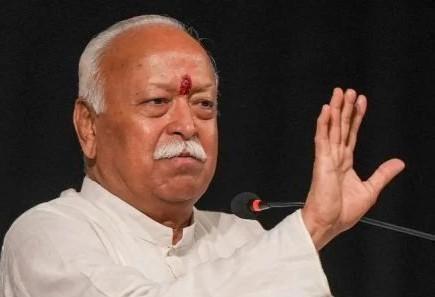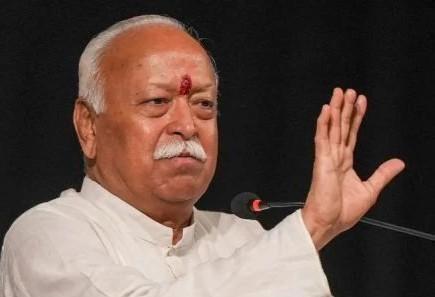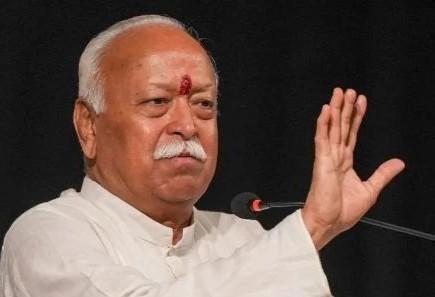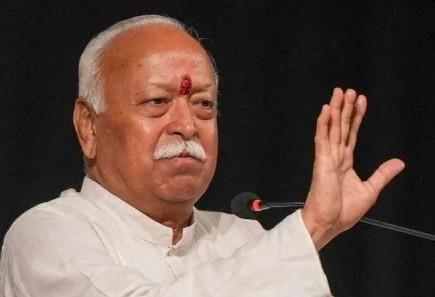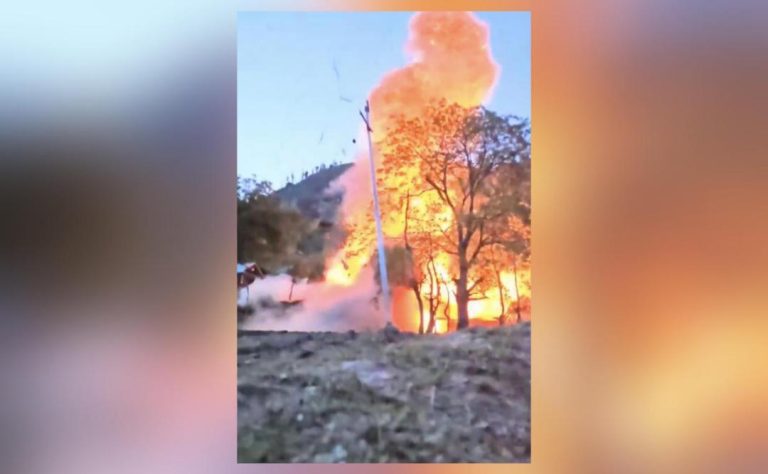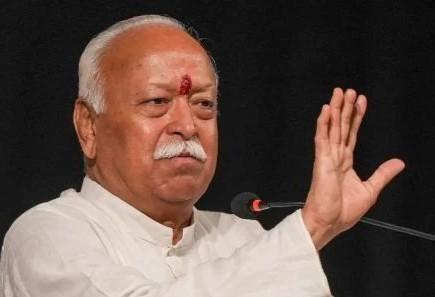
If someone turns to evil then we’ll teach lesson: Bhagwat on J&K attack
The recent terror attack in Pahalgam, Jammu and Kashmir has sent shockwaves across the country, and the reactions from various quarters have been pouring in. Amidst the outrage and condemnation, RSS chief Mohan Bhagwat has made a significant statement, which has raised eyebrows and sparked debate. In an interview, Bhagwat said that non-violence is India’s religion, but the nation also needs to teach a lesson to “oppressors and hooligans”. The statement has been interpreted in various ways, with some seeing it as a call for vendetta, while others believe it’s a reminder of the government’s responsibility to protect its citizens.
Bhagwat’s statement was made in response to the Pahalgam attack, which claimed the lives of three Central Reserve Police Force (CRPF) personnel. The attack was carried out by a group of heavily armed terrorists, who ambushed the CRPF convoy. The attack was widely condemned by politicians and civil society leaders, with many calling for stern action against those responsible.
In his statement, Bhagwat emphasized that India follows the principle of non-violence, which is enshrined in its Constitution. However, he also stressed that the country cannot afford to be weak in the face of aggression. “We never harm or disrespect our neighbours, but if someone is bent on being evil, what is the cure?” he asked. “The king’s duty is to protect the people, and he will do his duty.”
Bhagwat’s statement has been seen as a reflection of the RSS’s longstanding stance on national security and terrorism. The organization has consistently emphasized the need for a strong and effective response to terrorism, which it believes is a major threat to national security. The RSS has also been critical of the government’s handling of terrorism, which it believes has been too soft and ineffective.
The statement has also been interpreted as a veiled warning to Pakistan, which has been accused of sponsoring terrorism in Kashmir. Bhagwat’s mention of “oppressors and hooligans” is seen as a reference to Pakistan’s interference in Kashmir, which has led to a surge in violence and terrorism in the region. The statement has been seen as a warning to Pakistan that India will not hesitate to take action against it if it continues to sponsor terrorism.
However, not everyone has welcomed Bhagwat’s statement. Many have criticized him for advocating a policy of revenge and vendetta, which they believe will only lead to further violence and destabilization. They argue that India’s response to terrorism should be guided by the principles of non-violence and compassion, rather than a desire for revenge.
Others have argued that Bhagwat’s statement is a reflection of the RSS’s right-wing ideology, which emphasizes the need for a strong and authoritarian state. They believe that the statement is a call for the government to take a more muscular approach to national security, which could lead to human rights abuses and violations of democratic norms.
In conclusion, Bhagwat’s statement on the Pahalgam attack has sparked a heated debate in India. While some have welcomed his emphasis on the need for a strong and effective response to terrorism, others have criticized him for advocating a policy of revenge and vendetta. The statement has also been seen as a reflection of the RSS’s longstanding stance on national security and terrorism, which emphasizes the need for a strong and authoritarian state.
As India grapples with the challenge of terrorism, it is essential that the country’s leaders adopt a nuanced and balanced approach. This approach should recognize the need for a strong and effective response to terrorism, while also emphasizing the importance of human rights and democratic norms. It is also essential that the country’s leaders work to address the root causes of terrorism, which include poverty, inequality, and political instability.
Source: https://youtu.be/SpAKVWl5wII
